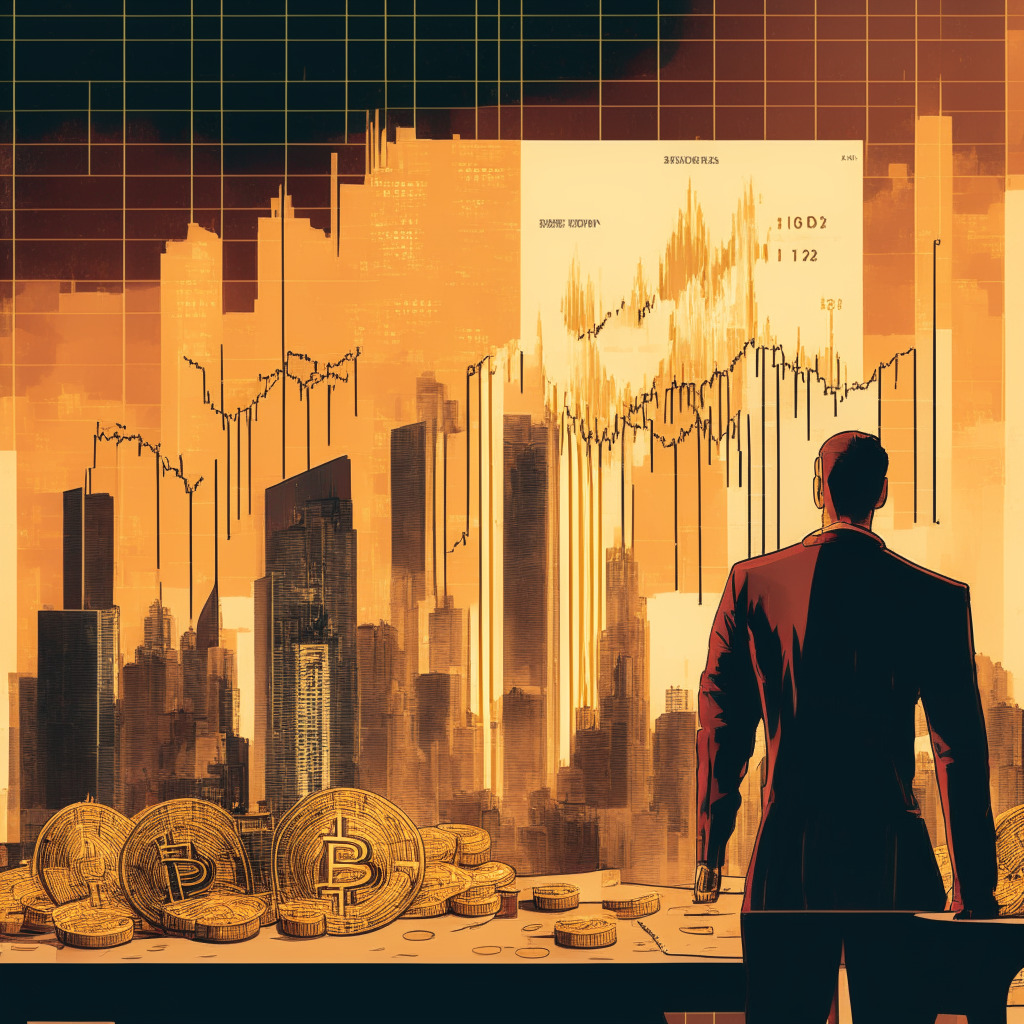The U.S. Federal Reserve, along with the Federal Open Market Committee (FOMC), announced another increase in the federal funds rate by 25 basis points. This marks the tenth consecutive rate hike since March 2022, highlighting the central bank’s commitment to tackling inflation. The decision aims to lower inflation rates to around 2%, and the FOMC expressed confidence in the current stability and resilience of the U.S. banking system.
Interestingly, the news led to a rise in all four major U.S. benchmark stock indexes, as well as a modest increase in precious metals and crypto markets. Fed chairman Jerome Powell’s comments regarding future rate hikes and potential policy changes will be crucial in determining the trajectory of the U.S. economy.
While some observers speculate that the Fed may stop rate hikes for the remainder of the year or even cut its benchmark bank rate, the FOMC maintains that additional policy changes may be needed to return inflation to 2% over time. However, it remains unclear whether the Fed will maintain the same rate during the June meeting.
Powell also addressed the U.S. debt limit issue, expressing hope that a resolution can be reached. The Fed believes that failing to increase the debt limit could lead to financial disruptions. Furthermore, Powell emphasized that the central bank is prepared to implement more significant monetary policy adjustments should the situation warrant it.
This raises questions: does the Federal Reserve’s decision to raise interest rates signal a potentially stronger U.S. economy, or is it a sign of overreliance on the central bank’s ability to manage inflation and support the banking system? Some may argue that incremental rate hikes show confidence in the economic recovery, while others might see risks in excessive reliance on the central bank for economic stability.
With the U.S. debt limit and worldwide economic uncertainties in mind, it is vital for both investors and government officials to weigh the pros and cons of the Federal Reserve’s actions. On one hand, the Fed’s commitment to reducing inflation rates demonstrates control and discipline, providing a level of reassurance for investors. On the other hand, a dependency on the central bank to manage the economy’s health may indicate underlying issues that cannot be addressed through monetary policy shifts alone.
Ultimately, a balanced view of the Federal Reserve’s decisions is necessary, taking into account both the potential benefits and risks associated with rate hikes and policy shifts. Monitoring global economic conditions, financial markets, and emerging technologies will continue to be critical for anticipating future challenges and opportunities in the U.S. economy.
Source: news.bitcoin.com




